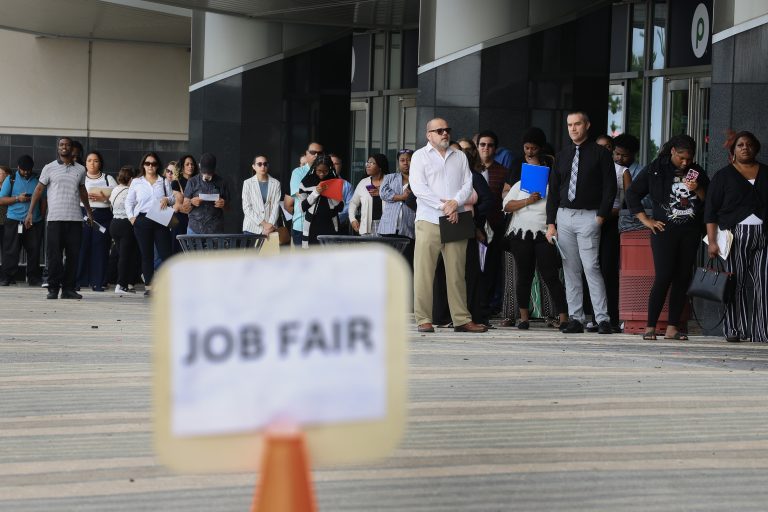Layoffs In 2025 Second-Highest Since 2009
A new report examining worker layoffs in the United States this year finds that the numbers through October closely resemble those seen during recessions in the past.
The report from Challenger, Gray & Christmas, a private firm that tracks workplace hirings and firings across the country, found that there were 153,074 layoffs reported last month alone, a 183 percent increase from September. October 2025 also saw the highest number of layoffs for that month in particular over the past 22 years.
Around 1.1 million layoffs have been reported in the U.S. from January to the end of October, the report stated. Major companies that posted high layoff numbers included UPS, Amazon, and Target, while tech jobs also saw big hits, with firings at a rate 17 percent higher than in 2024, the result of a slowdown in demand and new technologies.















